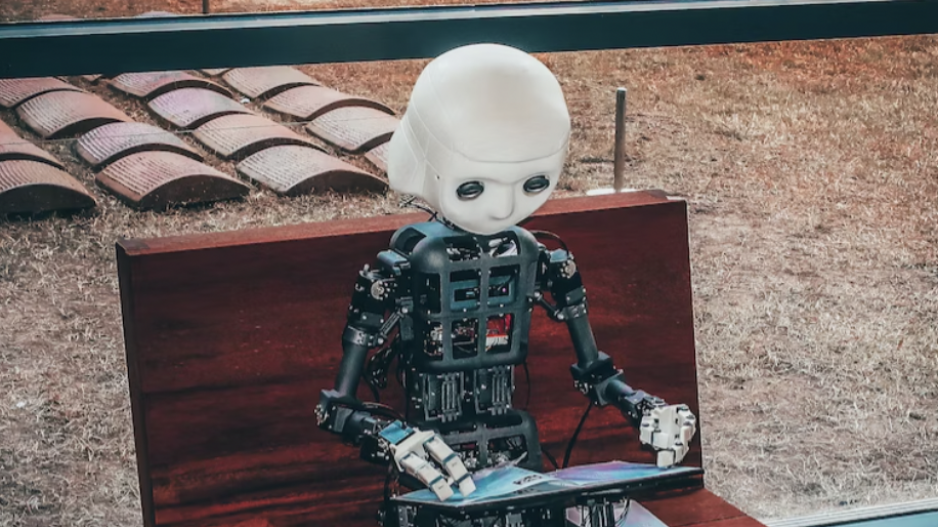In late January, ChatGPT creator OpenAI addressed criticism from schools that the text generated from its AI-powered chatbot encouraged student plagiarism and cheating.
The company responded by releasing a software tool to help teachers detect whether the author of an assignment was a student, or artificial intelligence.
This is not the first time an online or digital tool has been accused of potentially destroying education. In 1998, The New York Times published an article titled, ‘The Trouble with Cheating in the Digital Age’ – one many stories published by various media outlets that warned about the dangers posed by the internet (library closures and increased plagiarism, among them).
Today, computer science educators say such concerns over AI are likely overblown.
Steve DiPaola is a professor in Simon Fraser University’s cognitive science program, and leads the school’s iVizLab, which focuses on “AI-based computational models of human characteristics.”
He expects AI will come to be used by students as a tool for gathering information, or to work through and consider an assignment. It won’t be used to create essays or answers that are fully copied and pasted.
“What you get cheaply out of these systems is going to be really obvious, really templatized,” said DiPaola. “And we’re all going to notice it, and we’re not going to care about it.”
After all, ChatGPT isn’t always accurate. Beyond referencing wrong information, it can “hallucinate” by providing a convincing but made-up answer.
For example, DiPaola asked a Vincent van Gogh chatbot how the artist’s friend Paul Gauguin helped him heal spiritually. The program responded randomly with: “I have a friend in Jesus.”
When asked how it would disrupt education, ChatGPT didn’t focus on cheating.
Rather, the chatbot highlighted that AI could offer personalized learning by analyzing a student’s learning habits and shaping a curriculum to meet their specific needs. The program also responded that ChatGPT could enhance student engagement by providing immediate feedback, personalized recommendations and interactive discussions.
Though useful, Vered Shwartz, a University of British Columbia assistant professor of computer science, said ChatGPT’s inaccuracies could create problems.
ChatGPT also said it could introduce automatic assignment grading, but Shwartz is skeptical. The industry has had automatic grading for questions with non-written answers for decades. And, with so much variation in written responses, Shwartz said she doubts that a program would be able to correctly grade written responses that vary too much from the template answer.
Another potential consequence of AI adoption in education, according to ChatGPT, is job losses.
Shwartz, however, was unconvinced. Jobs will definitely change, she said, but she added that it would be difficult for an AI to replace educators altogether. Even if the process of building a syllabus or a lesson plan could be automated, it would still have to be reviewed and likely taught by a person, she said.




